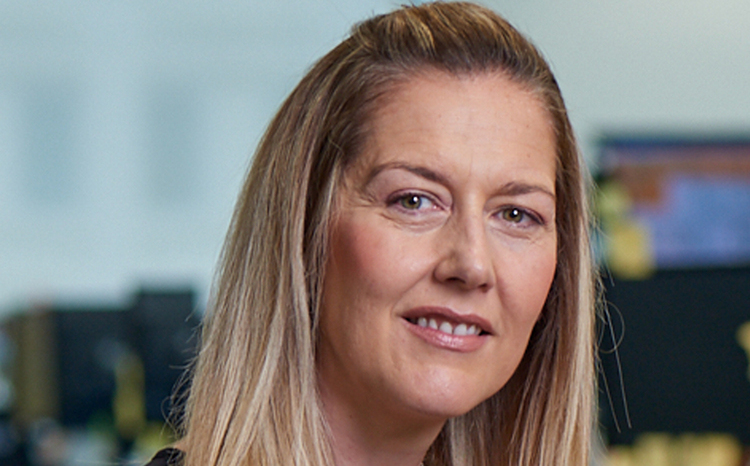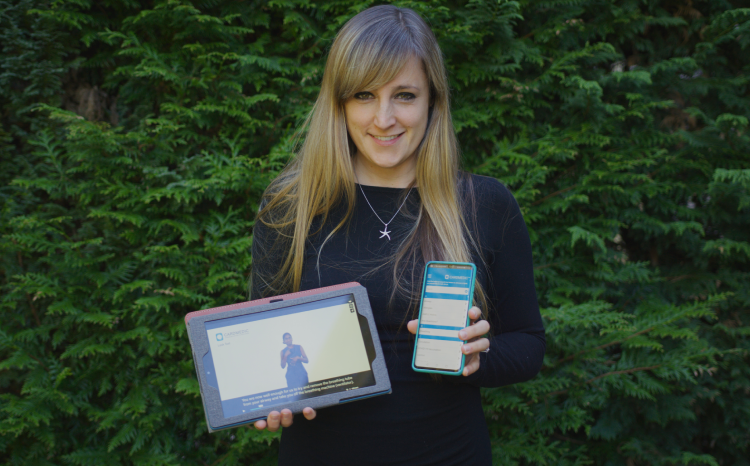Babylon selects Google Cloud to help speed up access to patient data
- 1 April 2022

Babylon Health has selected Google Cloud as its latest company to join its hybrid-cloud infrastructure in a bid to speed up access to patient data.
Babylon’s digital platform uses AI and machine-learning technology, and works in partnership with providers to deliver healthcare and information when and where it’s needed. It has turned to Google Cloud to find a solution to the need to securely store and analyse the increasing volume of sensitive data it was collecting.
The partnership has seen Babylon speed up its data processing to reach an average of 190 TB of data daily, compared to 1 TB per week. This has enabled the company to focus on delivering improved healthcare and makes it far more scalable for the future.
“It’s a relief to build without being concerned about infrastructure scalability or availability,” Natalie Godec, cloud engineer at Babylon said. “We have more time to focus on serving customers instead of worrying about how much data we’re processing.”
Two new levels of protection have been created using Cloud Identity and Access Management to ensure secure and granular control over who is accessing the data. In addition, Translation API is helping it to deliver care in a patient’s native language.
“We are not in the business of building a platform, we knew we could go further faster if we brought in an external supplier instead of building everything in-house,” says Richard Noble, engineering director of data at Babylon. “We chose Google Cloud because we knew it could scale with us and support us with our data science and analysis and we could build the tools we needed with it quickly. It offers the solutions that enable us to focus on our core business, access to health.”
The work has integrated over 100 data sources, giving access to 80 billion data points, and at the same time has saved hundreds of hours of work through automated transcriptions of 100,000 video consultations made in 2021. In addition, the time needed to build a new dataset and provide access to data has dropped from six months to just a week.
Babylon’s next challenge is to provide the same level of care in each of the different populations it serves. Noble explained: “Consider places such as Rwanda, where we can’t expect everyone to have a smartphone. That’s why we’re looking at options like text message support, so more people can access the healthcare services they need.”
Acknowledging the country’s need to further digitise its healthcare, Babylon launched an AI triage tool into Rwanda at the end of last year.




